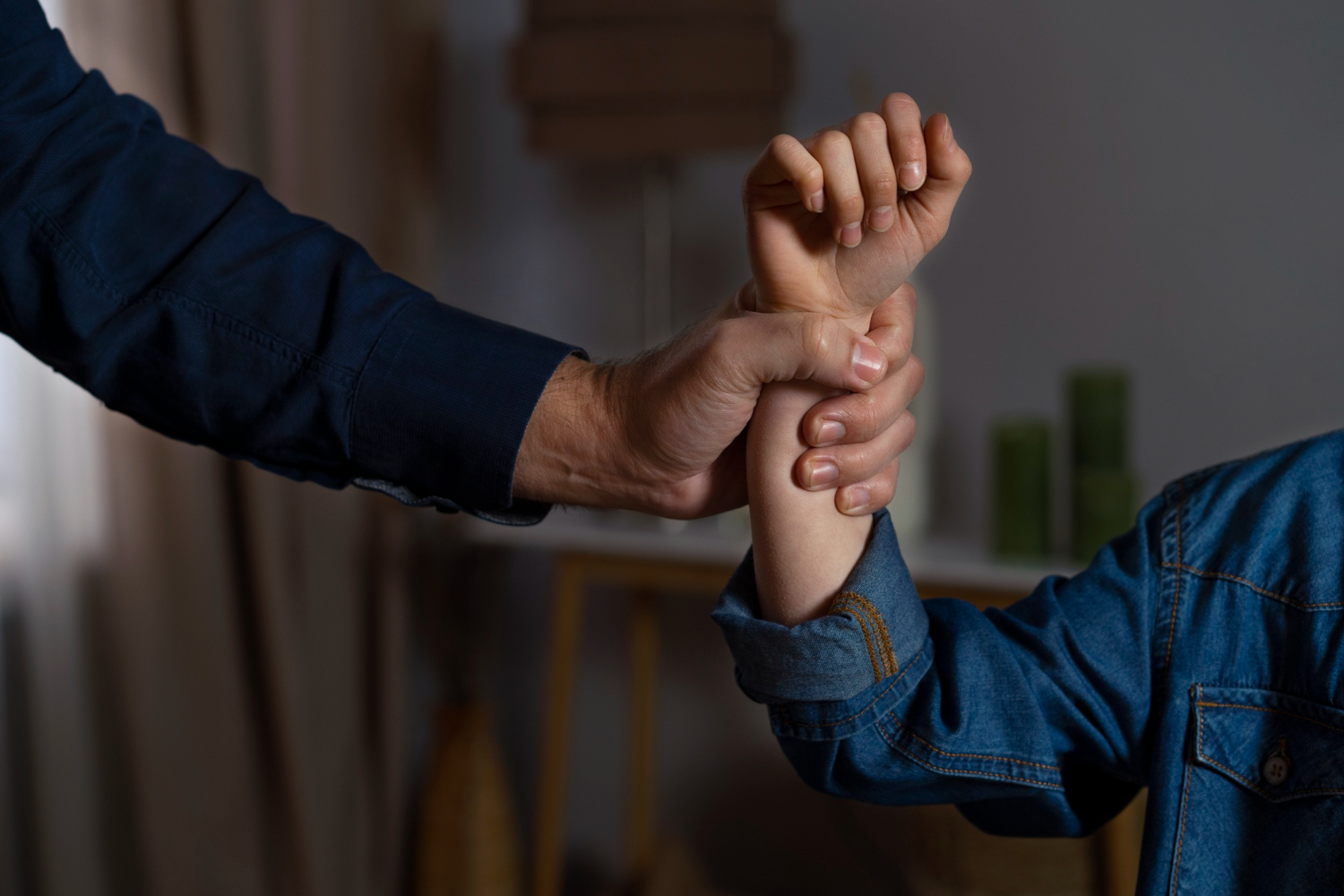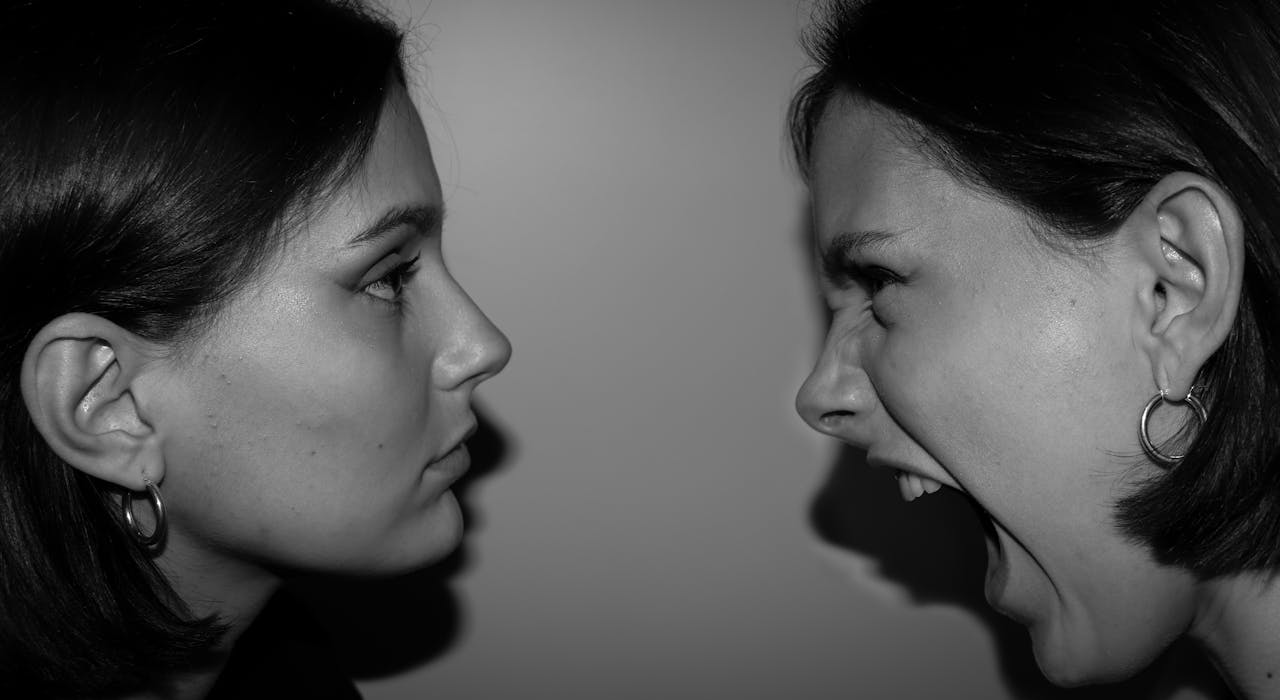Years ago, I booked a legal consultation
I wanted to know what it would take to hold the daycare accountable—for the damage, the exclusion, the unpaid advocacy, and most of all, the harm to my children.
The lawyer listened carefully, kindly. They believed me. Then they gave it to me straight:
“You’re looking at several years of your life. You’ll be working constantly: affidavits, filings, discovery, procedural motions, mediation, and more delays than you can imagine. And if you win a settlement? It’ll be roughly what you’d earn working full time at 7-Eleven. You need to decide if that’s the route you want to go through—or whether you want to move on and invest your time in your family and your career.”
Or something like that.
She wasn’t trying to discourage me. She was offering truth.
And that’s the thing: truth is expensive. That single conversation cost $750. But the real cost runs deeper.
The legal path: control, compensation, silence
Legal action can be a powerful tool. Sometimes it’s the only option—when safety is at stake, when rights are openly denied, when every informal route has collapsed. But for most families fighting discrimination in BC schools, the legal process is exhausting, costly, and strategically limited.
It’s adversarial. You’re not just telling your story—you’re proving it, on terms the system defines as legitimate.
-
Grievability and legitimacy in BC Schools
Disabled children are being pushed out of public education—and their families are picking up the pieces. This post examines who is seen as worthy of support, what it costs when systems abandon care, and why the quiet exodus from schools is not a…
It’s procedural and technical. The law values form over truth. It’s never enough that something happened—you must document it in specific ways for it to be accepted.
It’s glacial. Human Rights Tribunal cases stretch across years. The longer they continue, the more pressure families face to settle privately.
It’s extractive. You spend your energy converting trauma into evidence.
And in the end, silence is often the price. Confidentiality clauses and non-disclosure agreements (NDAs) are standard. The harm remains unacknowledged. The story vanishes.
The public path: voice, solidarity, risk
There’s another way. You can tell the truth.
Not in a hearing room, but in your own language. You can write it, document it, publish it. You can organise, gather stories, draw patterns, name actors, build the archive that public institutions work so hard to avoid.
Instead of waiting three years for a ruling, you could spend a few hours creating something that lives in the world. Something searchable. Citable. Something another family can find when they feel alone.
Districts fear this kind of truth-telling. Their websites avoid the language families use: restraint, isolation, regressive punishment, humiliation, ableism, exclusion. They face a terrible SEO problem. When people search for real terms, they often end up on Reddit.
But if you speak clearly and persistently, the internet finds you. This site has appeared on the first page of Google for BC schools punishment several times since it’s launch.
And for me, that has been a profound shift. Instead of sitting through meetings where I’m gaslit, I now do the work I was built for: architecture, design, prolific writing. I have spent decades working with nonprofits, governments, school boards, justice systems. I dream about my work.
-
The poison of silence: on complicity, healing, and speaking the truth
I had so much pain stuck in my chest and throat. Cancelled screams. Unsaid truths. Every meeting where I stayed quiet, every time I swallowed my words to seem reasonable, every time I hoped that portraying myself a certain way might stop my…
Double jeopardy
Telling the truth carries risk. So does silence.
The pitchforks may come. Some already have. Strangers may say parenting is hard for everyone, that I should be kinder, more grateful, less judgmental. They may insist staff are doing their best. They may suggest that, because I write with urgency, I must not love my children.
I’ve already received those messages. For many years, I tried to be diplomatic, careful, factual—and I’ve learned that caution offers no protection.
Perhaps a legal letter will arrive. I’ve documented Harris & Company’s extensive involvement in BC education legal disputes, including their financial relationship with VSB:
https://endcollectivepunishmentinschools.site/tag/harris-partners
Legal complications would be inconvenient. But I have already lived through staggering losses caused by institutional failure. I have survived more than I ever expected to endure: fear of my own child during meltdowns, knowing he was carrying pain too heavy for his age. Panic that my ex-partner might use the school’s denial of our reality as leverage against me.
I’ve lived through years of insomnia and hypervigilance. I’ve picked my skin raw. Bit my cheeks bloody. I’ve emptied prescription bottles. I’ve bled gallons of blood and endured PMDD dysphoria, my body punishing me for the stress it carries. I’ve lost friendships I loved. I’ve watched trust unravel in my hands. I have failed so many times.
I am within inches of needing to stop working. I can no longer pretend I’m coping.
So if they want to rake me through the coals, they will hand me my next project. I will document every letter. I will build campaigns. I will launch fundraisers. I will name names. I haven’t named any specific people yet, but I’ve got a spreadsheet for that. An inventory of harm that would be so easy to unleash. And so painful. I hope it doesn’t come to that.
When I launched this site, I imagined a day when I would be asked to sign an NDA—and I wanted the satisfaction of making them confront each post, one by one, behind closed doors. At the time, that would have taken seven hours. Now, it would take hundreds. Soon, it will take thousands.
If they want to spend school funds on that—so be it. Or they could choose to change.
Non-disclosure agreements are the mortar of this broken system
Public education in BC rests on a foundation of silence and shitty appeals processes that can’t really be called a process. They make parents reach for a legal remediation.
There are constant rumours of the NDAs, whispers from people who have been silenced.
And that silence reshapes everything, distorting the record and preventing scrutiny. It isolates families, allowing school officials to say, “We’ve never had a complaint like this before,” even when there have been dozens.
We do not need every detail of every case. But we do need to see the pattern—and that pattern is being deliberately obscured.
Fear shaped this too
I’ve written about this before. I hate confrontation. I grew up a high-masking child—careful, invisible, afraid of being wrong. I packed my lunch in a yoghurt container. I followed the rules.
-
I brought my lunches in yoghurt containers
I brought my lunches in yoghurt containers—garlicky stir-fries, bright with tamari and heat—and sat beside children with white bread and bologna, quietly learning that normalcy was measured in silence, sameness, and smelllessness. I wasn’t bullied. I was strange. And strangeness, in childhood, is…
I still prefer privacy. I have many layers. Every one of them is protective. Writing this way makes me feel exposed.
But panic has a limit.
For eight years, I’ve lived with constant fear. I’ve worried every day that my children might not be safe at school. I’ve raced to pickups, terrified that if I arrived too late after an exclusion, someone would call the police. I’ve sat through meetings where staff denied what I knew to be true—and watched as my ex took pleasure in their denial. Every time my phone rang, i have been terrified my son finally fell 30 feet from a tree he climbed while dysregulated and not supervised.
I’ve feared for my own life. I’ve feared that this stress will kill me—that my diabetes, now trauma-induced, will cut my life short. That I’ll leave my children too soon. I’ve already lost friends to institutional harm. I understand the stakes.
And eventually, the cortisol runs out. Your body stops alerting you because it has nothing left to give.
When I was in my twenties, I nearly died. I lived through a depression that consumed everything. I tried to leave, and when I failed, I turned around. I walked away from the edge.
This feels like that. Not a campaign I planned—but a direction I chose because I could no longer go the other way.
This is what I can do. So I am doing it.
-
When energy returns: on finding purpose, refusing silence, and recovering from institutional harm
When I could barely rise from the couch, I believed my exhaustion was depression. Now I see it was the cumulative harm of years spent silencing myself in hostile institutions, suppressing truth to protect my neurodivergent children. The body remembers this violence; it…











